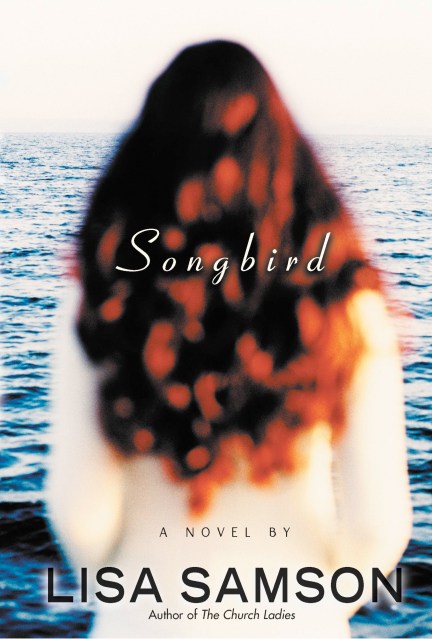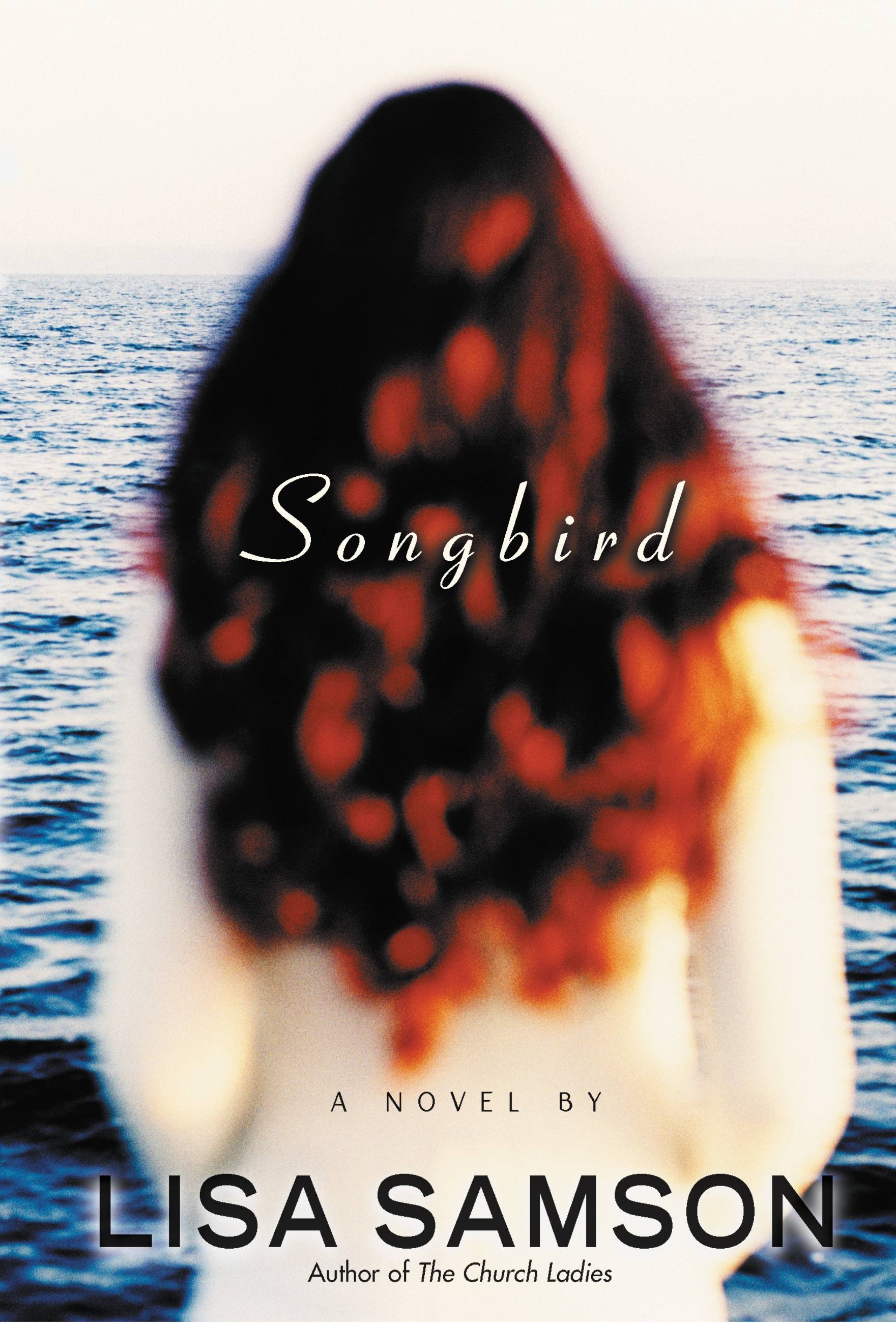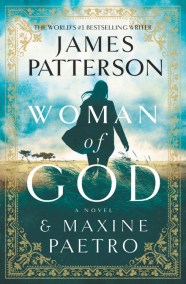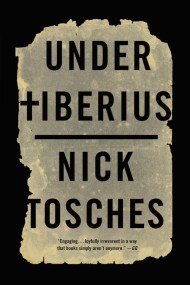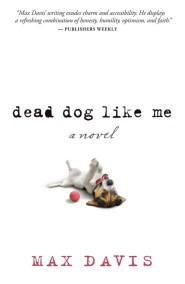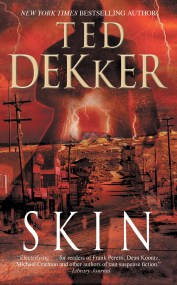Promotion
Use code MOM24 for 20% off site wide + free shipping over $45
Songbird
Contributors
By Lisa Samson
Formats and Prices
Price
$24.99Price
$31.99 CADFormat
Format:
- Trade Paperback $24.99 $31.99 CAD
- ebook $10.99 $13.99 CAD
This item is a preorder. Your payment method will be charged immediately, and the product is expected to ship on or around April 1, 2003. This date is subject to change due to shipping delays beyond our control.
Also available from:
In Lisa Samson’s moving novel, the wife of a popular televangelist discovers a family secret that threatens to destroy her marriage and her husband’s ministry.
Genre:
- On Sale
- Apr 1, 2003
- Page Count
- 448 pages
- Publisher
- FaithWords
- ISBN-13
- 9780446679312
Newsletter Signup
By clicking ‘Sign Up,’ I acknowledge that I have read and agree to Hachette Book Group’s Privacy Policy and Terms of Use
